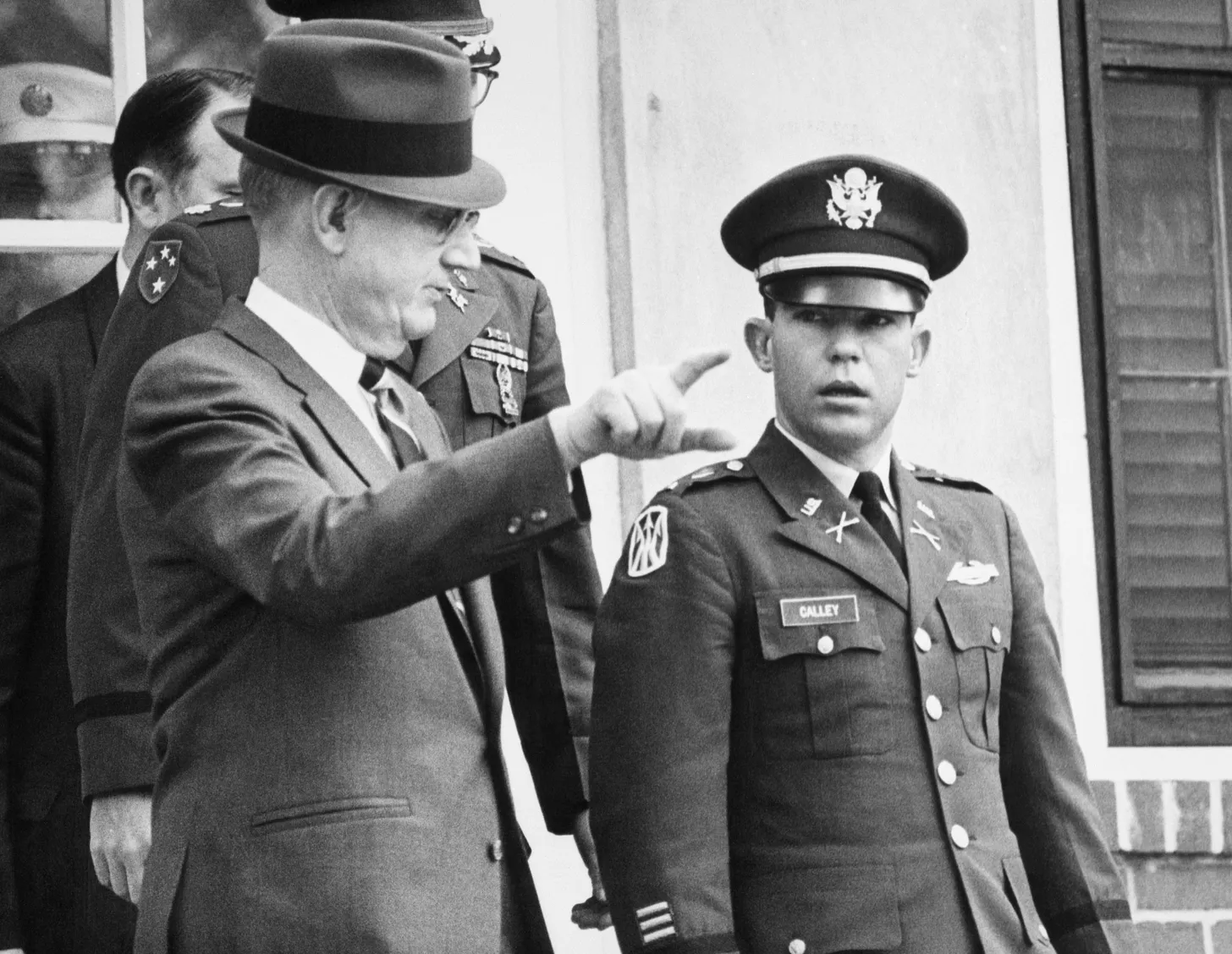-
Neueste Beiträge
Archive
- Juli 2025
- Juni 2025
- Mai 2025
- April 2025
- März 2025
- Februar 2025
- Januar 2025
- Dezember 2024
- November 2024
- Oktober 2024
- September 2024
- August 2024
- Juli 2024
- Juni 2024
- Mai 2024
- April 2024
- März 2024
- Februar 2024
- Januar 2024
- Dezember 2023
- November 2023
- Oktober 2023
- September 2023
- August 2023
- Juli 2023
- Juni 2023
- Mai 2023
- April 2023
- März 2023
- Februar 2023
- Januar 2023
- Dezember 2022
- November 2022
- Oktober 2022
- September 2022
- August 2022
- Juli 2022
- Juni 2022
- Mai 2022
- April 2022
- März 2022
- Februar 2022
- Januar 2022
- Dezember 2021
- November 2021
- Oktober 2021
- September 2021
- August 2021
- Juli 2021
- Juni 2021
- Mai 2021
- April 2021
- März 2021
- Februar 2021
- Januar 2021
- Dezember 2020
- November 2020
- Oktober 2020
- September 2020
- August 2020
- Juli 2020
- Juni 2020
- Mai 2020
- April 2020
- März 2020
- Februar 2020
- Januar 2020
- Dezember 2019
- November 2019
- Oktober 2019
- September 2019
- August 2019
- Juli 2019
- Juni 2019
- Mai 2019
- April 2019
- März 2019
- Februar 2019
- Januar 2019
- Dezember 2018
- November 2018
- Oktober 2018
- September 2018
- August 2018
- Juli 2018
- Juni 2018
- Mai 2018
- April 2018
- März 2018
- Februar 2018
- Januar 2018
- Dezember 2017
- November 2017
- Oktober 2017
- September 2017
- August 2017
- Juni 2017
- Mai 2017
- April 2017
- März 2017
- Februar 2017
- Januar 2017
- Dezember 2016
- November 2016
- Oktober 2016
- September 2016
- August 2016
- Juli 2016
- Juni 2016
- Mai 2016
- April 2016
- März 2016
- Februar 2016
- Januar 2016
- Dezember 2015
- November 2015
- Oktober 2015
- August 2015
- Juli 2015
- Juni 2015
- April 2015
- Januar 2015
- Dezember 2014
- November 2014
- Oktober 2014
- September 2014
- Juli 2014
- Juni 2014
- Mai 2014
- April 2014
Annalena Baerbock begrüßt Stationierung von US-Waffen in Deutschland
Kommentare deaktiviert für Annalena Baerbock begrüßt Stationierung von US-Waffen in Deutschland
August 4, 1914
The Decline of the Nation-State and the End of the Rights of Man
It is almost impossible even now to describe what actually happened in Europe on August 4, 1914. The days before and the days after the first World War are separated not like the end of an old and the beginning of a new period, but like the day before and the day after an explosion. Yet this figure of speech is as inaccurate as are all others, because the quiet of sorrow which settles down after a catastrophe has never come to pass. The first explosion seems to have touched off a chain reaction in which we have been caught ever since and which nobody seems to be able to stop. The first World War exploded the European comity of nations beyond repair, something which no other war had ever done.
—Hannah Arendt, The Origins of Totalitarianism, (Great Britain: Penguin, 2017), 349.
Kommentare deaktiviert für August 4, 1914
The nomenklatura
And yet who was to control the controllers? The Bolshevik leaders assumed that things would be fine so long as public institutions, especially the control organs, drew their personnel mainly from Bolsheviks and pro-Bolshevik workers. But how were the leaders to know who among such persons were genuinely reliable? Under the NEP the system known as the nomenklatura was introduced. Since mid-1918, if not earlier, the central party bodies had made the main appointments to Sovnarkom, the Red Army, the Cheka and the trade unions. In 1923 this system was formalized by the composition of a list of about 5,500 designated party and governmental posts – the nomenklatura – whose holders could be appointed only by the central party bodies. The Secretariat’s Files-and-Distribution Department (Uchraspred) compiled a file-index on all high-ranking functionaries so that sensible appointments might be made.
—Robert Service, The Penguin History of Modern Russia, (Great Britain: Penguin Books, 2020), 148.
Kommentare deaktiviert für The nomenklatura
Kamala Harris, giving the perspective of a black American unburdened by the script that has been
Kommentare deaktiviert für Kamala Harris, giving the perspective of a black American unburdened by the script that has been
Civilian defense attorney George Latimer speaks to his client Army Lieutenant William Calley as they leave a court-martial hearing.
At 6 am or so, Calley told me that his much admired company captain, a guy named Ernest Medina, who was known to his troops, I would later learn, as “Mad Dog Medina,” was also at Fort Benning awaiting legal proceedings. Medina would tell me, Calley said, that all he had done at My Lai came pursuant to Medina’s direct orders. He dialed a number, and Medina—about whom I knew nothing—picked up immediately. Calley explained that a reporter from Washington was on the phone with him.“Please, Captain,” Calley said, “tell him what I did was under your orders.”
“I don’t know what you are talking about,” Medina said, and he hung up. Calley was stricken.
It was clear that he’d just figured out that he would be the sacrificial lamb. The bad apple. It would all be on him. The generals and colonels and captains who planned the slaughter—to get a high body count in the war and make the generals in Saigon and Washington happy—were going to ride into the sunset.
I was totally exhausted. I told him I had to leave. Calley, in a panic, said: “Let’s go bowling.”
It couldn’t happen. I left, got to the airport, took a plane to Washington, and, exhausted as I was, I began writing the first of what would be five stories over the next months about what happened at My Lai.
Kommentare deaktiviert für
Requiem
During the frightening years of the Yezhov terror, I spent seventeen months waiting in prison queues in Leningrad. One day, somehow, someone ‘picked me out’. On that occasion there was a woman standing behind me, her lips blue with cold, who, of course, had never in her life heard my name. Jolted out of the torpor characteristic of all of us, she said into my ear (everyone whispered there) – ‘Could one ever describe this?’ And I answered – ‘I can.’ It was then that something like a smile slid across what had previously been just a face.
[The 1st of April in the year 1957. Leningrad]—Анна Андреевна Ахматова
Kommentare deaktiviert für Requiem
1919
This outcome of the war between the Reds and the Whites determined the result of most of the many armed conflicts elsewhere in the former Russian Empire. In the Transcaucasus, the Georgians contended against the Armenians; the Armenians also fought the Azeris. And each state in the region had internal strife. For example, battles and massacres occurred in Georgia between Georgians and Abkhazians. Consequently the armed struggle in the lands of the Romanov dynasty was never merely a ‚Russian‘ Civil War. Indeed it was not just one Civil War at all: there were dozens of civil wars after 1917, wars in which the Red Army was able to intervene after its defeat of Kolchak, Denikin and Yudenich.
—Robert Service, The Penguin History of Modern Russia, (Great Britain: Penguin Books, 2020), 113.
Kommentare deaktiviert für 1919
CNN:
President Joe Biden addresses the nation from the Oval Office of the White House in Washington, Wednesday, July 24, 2024, about his decision to drop his Democratic presidential reelection bid. (AP Photo/Evan Vucci, Pool) Evan Vucci/AP
“Here I am,” he added. “That’s what’s so special about America.”
The president then walked out to the Rose Garden, where he addressed hundreds of White House staffers who walked over to the executive mansion to see Biden and share ice cream with him.
Kommentare deaktiviert für



